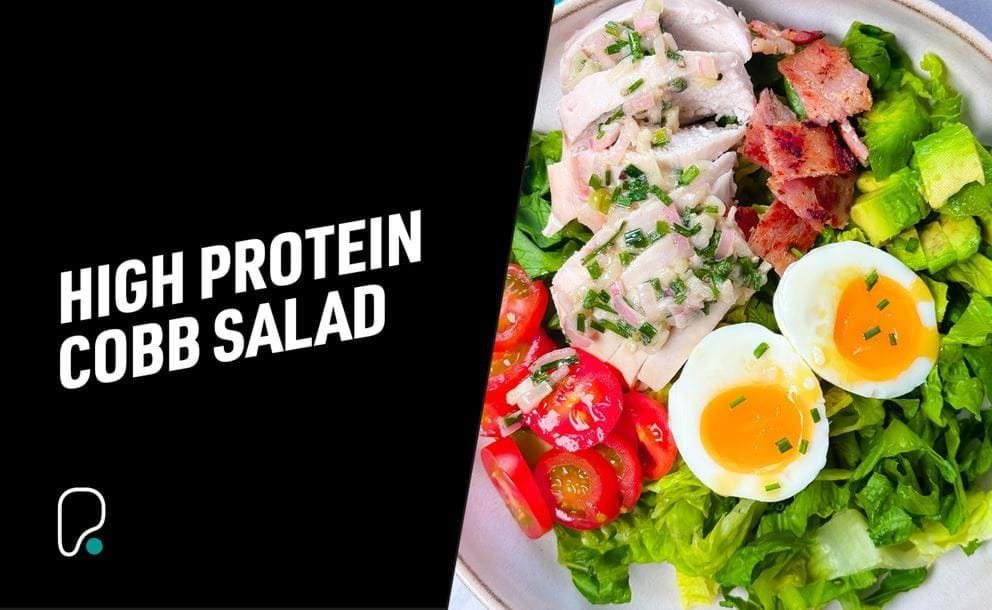Are diet and zero calorie drinks bad for you?

Over the past decade, you may have seen some negativity towards diet and zero calorie drinks. Simply googling 'are diet drinks bad?' gives you over 6 million search results with articles written by health gurus, journalists, reporters and keyboard nutritionists alike. The most common statements which you probably will have seen include:
'Diet drinks contain aspartame which causes cancer'
'They send your body into fat storage mode'
'They're worse for you than normal soft drinks'
These headlines might be a bit scary if you enjoy drinking zero calorie drinks, and understandably so, but before you come to terms with giving up such diet drinks for life, let's take a closer look at these claims, and separate fact from fiction.
Myth #1
'Diet drinks contain aspartame which is bad for you and causes cancer'
Whilst it's true that when aspartame is broken down, it converts into formaldehyde (the stuff used to preserve the frog you dissected in science class) which is known to cause cancer, these findings are based on the conclusions in rodent research, and at superficial doses.
For example, a study conducted on rats in 2005 proved that when given high doses of aspartame, female rats had a 69% chance of developing cancer compared to those who received no aspartame. Now you might be thinking it's time to put the diet coke down but what this report doesn't mention is that consuming a 'high dose' of aspartame would be the equivalent of drinking up to 2,083 cans of diet soda daily. Now that's a lot. Moreover, the subjects of the study were rats so there's not a sufficient amount of evidence to support that the findings would apply for humans, so you'll be glad to know that drinking soft drinks which contain aspartame is very unlikely to increase your risk of developing cancer.
Myth #2
'Diet drinks stop you from losing weight'
If you're in the habit of grabbing a regular soft drink, switching to a diet version could help you shave off a hefty 200 - 300 calories from your day's intake (if your goal is fat loss). Providing the rest of your diet stays the same, these calories can all add up over the days, weeks and months. And when the number one factor that will determine whether or not you lose fat is your total calorie intake, diet drinks may actually help you lose weight.
So the next time you hear or read something telling you that diet drinks can make you fat or hinder fat loss, remember this -- a diet/zero calorie drink contains almost no calories (legislation allows companies to declare a product as 'zero' yet it may still have up to 9Kcals in) so it would be physiologically impossible for weight gain to occur through the consumption of diet/zero calorie drinks alone.
Myth #3
'Diet drinks make you crave sugar'
Our final often-quoted myth comes from the assumption that beverages (or foods for that matter) with low/zero calorie sweeteners promote sugar cravings.
I don't know about you but I can't think of anyone who's first thought after drinking a can of diet coke is to whip out a bag of sugar and start eating it by the spoonful. Here lies confusion from the onset, when most people say they are 'craving sugar' what they actually mean is that they are expressing feelings of Hedonic hunger, which is the feeling of hunger when in an energy deficit.
Now let me explain this further. There are two main hormones in the body which control hunger - ghrelin and leptin. To put it simply, one increases appetite and other reduces it. Articles which present the case that diet drinks make you crave sugar often cite that diet drinks interfere with these two hormones, which in turn, can make you more hungry and lead to an overconsumption of high sugar products. However, luckily for us, there is limited evidence to suggest that the artificial sweeteners contained in diet drinks interfere with these regulatory hormones.
In fact, other research has gone on to show that the consumption of low calorie, sweet containing foods and drinks actually leads to a decrease in appetite and the appeal of high sugar foods.
So the best available evidence to date agrees that drinking diet soft drinks will not make you crave sugar.
Take home messages
Diet/zero calorie drinks are neither "healthy" nor "unhealthy". Understanding the considerations mentioned above will allow you to make your own informed decisions regarding what you chose to consume. If your goal is weight loss, you'd probably benefit by switching from regular fizzy drinks to diet fizzy drinks, with the reassurance that doing so will not be detrimental to your health.
'There are no studies that indicate any long-term health risks from drinking diet soda. Diet soda.... Is not harmful to health, well-being or body composition' -- Examine.com
With that being said, we're not suggesting everybody goes out and starts drinking zero calorie/diet drinks on the preface of the information in this blog. Whilst the occasional diet coke is unlikely to negatively affect your health, it's also important to consider that from a nutrition perspective, it brings no health benefits to the table either.
So are diet/fizzy drinks as bad as some people would have you think? Probably not.
Are they going to promote optimal health and give nutritional benefit? Probably not.
If I enjoy the fizzy goodness of the occasional diet soft drink, can I do so knowing that I am still working towards my personal nutrition and training goals? Certainly.
The key to success when dieting or looking to improve your nutritional status is adherence, so find your own personal balance and disregard the pseudoscience trying to convince you that you have to avoid X or Y. Science is rarely that black or white.
References
https://examine.com/nutrition/is-diet-soda-bad-for-you/
Piernas, C., Tate, D.F., Wang, X. and Popkin, B.M., (2013). Does diet-beverage intake affect dietary consumption patterns? Results from the Choose Healthy Options Consciously Everyday (CHOICE) randomized clinical trial. The American journal of clinical nutrition, 97(3), pp.604-611.
Soffritti, M., Belpoggi, F., Degli Esposti, D. and Lambertini, L., (2005). Aspartame induces lymphomas and leukaemias in rats. European Journal of Oncology, 10(2), pp.107-116.


